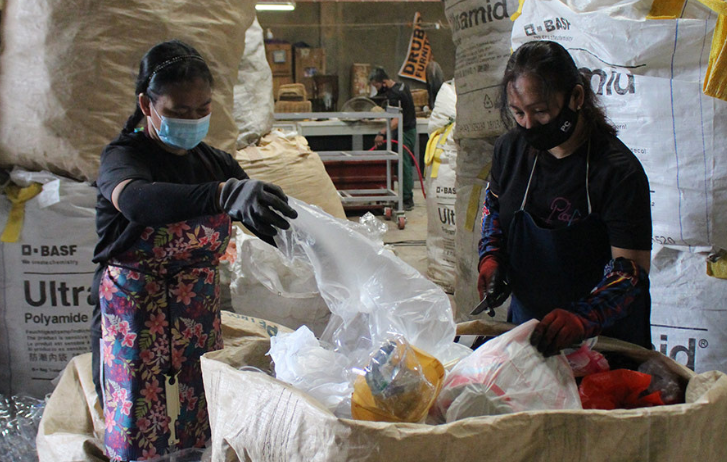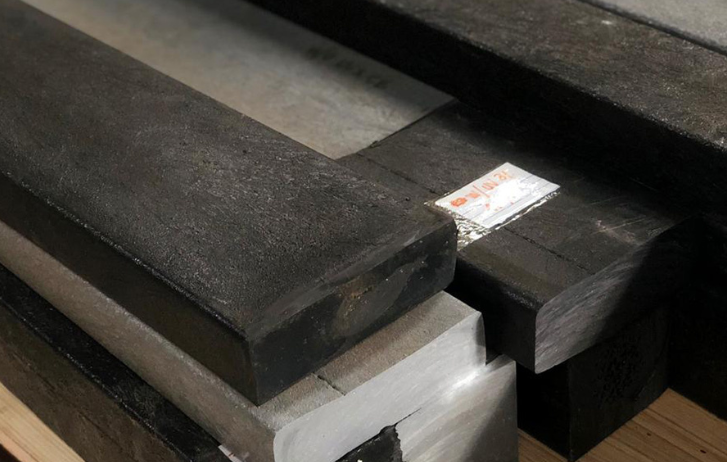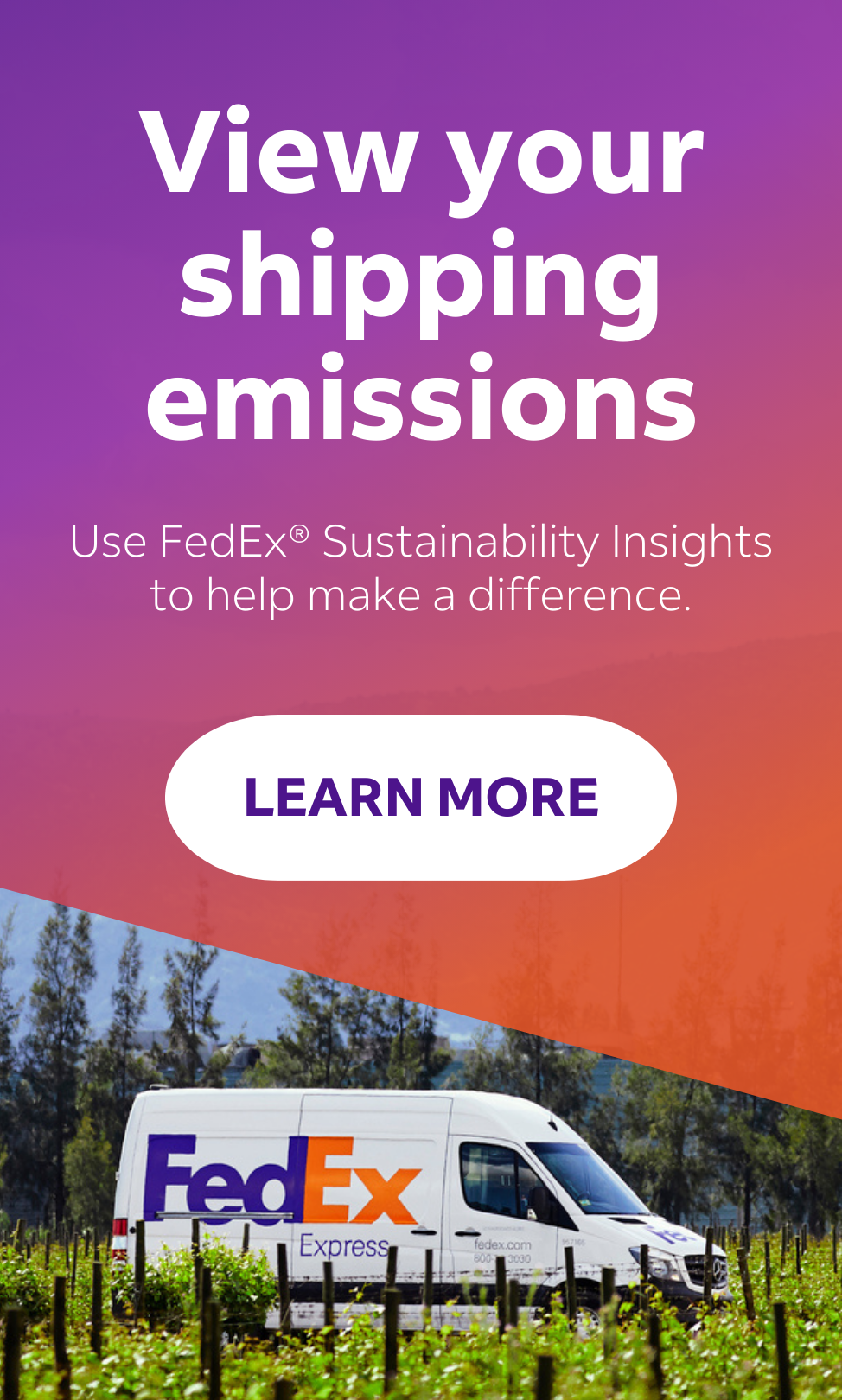
Teaming Up To Tackle Marine Pollution In The Philippines
By FedEx | First published: May 4, 2021 Updated: September 11, 2022
We join forces with The Plastic Flamingo to support an emergent circular economy in the Philippines – and fight the negative impact of plastic waste on our planet.
Way before the COVID-19 crisis gripped the world, plastic pollution was plaguing rivers, lakes, and oceans, killing marine life, threatening human health and accelerating global warming. But the problem is still not receiving the attention it deserves.
Sadly, the Philippines is among the top contributors to plastic waste alongside other ASEAN countries such as Indonesia, China, Thailand, and Vietnam, which collectively account for 60% of marine plastic pollution. According to the World Bank, 2.7 million tons of plastic waste are generated in the Philippines each year, with an estimated 20% ending up in the ocean.
As a coastal nation of more than 7,500 islands, the Philippines’ marine biodiversity and fishing, shipping, and tourism industries are especially vulnerable to the impact of marine debris and pollution.
Cleaning up the oceans, one piece of plastic at a time
As part of our Reduce, Replace and Revolutionize approach to sustainability, our FedEx team in the Philippines is working with The Plastic Flamingo to ethically dispose of plastic waste and contribute to the cause of fighting marine pollution in the country.
The Plastic Flamingo is a social enterprise that aims to tackle the country’s plastic crisis. At the same time, they create employment opportunities for low-income families, especially women, so they can earn sustainable income from doing meaningful work.
Led by impact entrepreneurs Francois and Charlotte Lesage, The Plastic Flamingo started out in the Philippines in 2018 with community crowdfunding to help get off the ground. After traveling through Southeast Asia and seeing the devastation plastic was having on the planet’s most beautiful places, the Lesages developed a business strategy.
Establishing a plastic waste collection system and recycling process to transform plastic into sustainable eco-lumbers, The Plastic Flamingo now builds upcycled furniture, household items and emergency shelters. As of today, they’ve collected and processed more than 291 tons of plastic waste.
Francois Lesage points out, “Creating new products is the only way to find a sustainable and ethical business model for plastic waste recycling. The value is in the final product and that can sustain the whole value chain. We are pleased that more people believe in and support our model, vision and mission.”
At FedEx, we share the belief that addressing the plastic problem is urgent and a collective resolve from the public, private and government sectors is critical. We’ve partnered with The Plastic Flamingo to recycle plastics from our local operations, including polypropylene, which is recyclable and viable for extrusion.
Our collaboration with The Plastic Flamingo also means we can promote their efforts in growing an emerging local circular economy. Wherever possible, we want to multiply opportunities to support enterprises that do good for people, communities and our shared environment.
Our work toward minimizing our environmental footprint continues across Asia and beyond as we search for innovative, transformational solutions as well as purpose-driven local partnerships.
In 2021, we announced our ambitious goal to achieve carbon-neutral operations by 2040, designating over $2 billion of initial investment in sustainable energy initiatives, including vehicle electrification, sustainable energy, and carbon sequestration.
Connecting the world responsibly and resourcefully, we remain committed to delivering a positive impact to society and generations to come. To find out more about our efforts to create a sustainable future, head here.
SHARE THIS STORY
- The Rise Of Intra-Asia Trade: Opportunities In The China-Southeast Asia Corridor
- What’s So Dangerous About Coconuts? Your Guide To Dangerous Goods Logistics
- Generative AI: A New Frontier
- How To Make Freight Shipments Work For Your Small Business
- How To Ship A Giant Panda
- Where Do Old Planes Go When They Retire?
Sign up now and save on your shipping rates!
Sign up now and earn discounts by shipping instantly with FedEx Ship ManagerTM at fedex.com.
Recommended For You

Filipino Jewelry Brand Shines Bright On The Global Stage
Filipino jewelry designer Farah Abu shares how smart logistics and the e-commerce boom have catapulted her bold designs to international catwalks.
Read More
Woven: The SME That Revived The Filipino Weaving Industry
Woven CEO and co-founder, Trish Lim is revitalizing local weaving traditions in her community.
Read More
Triloueva: A Filipino Footwear Brand For Eco-Conscious Customers
Unable to find footwear she liked, Filipino SME Trina Evangelista launched a family-run e-commerce brand selling locally-made shoes to customers.
Read More

